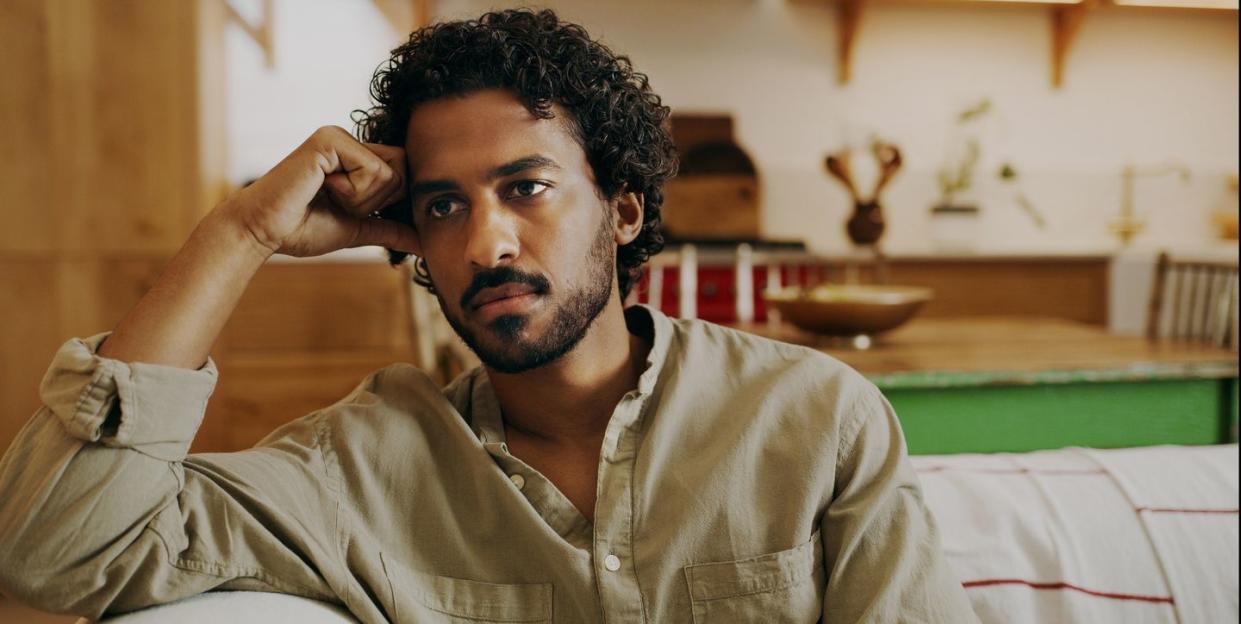A Leading Psychologist Shared 3 Simple Ways to Deal With Social Anxiety

- Oops!Something went wrong.Please try again later.
Social anxiety disorder is one of the most common mental illnesses in the world, yet its effect on people's lives remains largely misunderstood, believes psychology researcher Dr. Fallon Goodman. "At its core, social anxiety is about the fear of being rejected," she says. "Our fear of rejection is really a fear of being less than. Less than we want to be, less than we think we should be, or less than society wants us to be."
In her TEDx talk 'Social Anxiety in the Modern World,' Goodman addresses several popular myths about this illness—and outlines three simple strategies that can help.
A hugely prevalent misconception is that people with social anxiety are happier alone. Goodman's research has found the absolute opposite; that people with social anxiety desire strong, intimate personal relationships to the same degree as anybody else, and are perfectly capable of enjoying social situations.
Another myth is that people with social anxiety avoid the spotlight. Goodman cites examples of actors, models, and athletes who have all pursued careers in very public fields who also struggle with social anxiety, notably tennis superstar Naomi Osaka, who has herself spoken about the difference between how she feels "performing" on the court vs. in other areas of her life.
Finally, the idea that anxiety is fleeting and harmless simply isn't true. "Without intervention, many people struggle with social anxiety for years, for decades," says Goodman. "And social anxiety can influence every aspect of a person's life."
How can we deal with social anxiety?
Identify the issue early.
Goodman points out that in many cases, people who exhibit social anxiety can then go on to develop other mental heath problems including depression and alcohol addiction. Early detection and intervention can help to prevent this, and Goodman believes that this can be achieved incredibly simply in institutions like high schools and colleges.
"Social anxiety can be reliably and accurately flagged by asking just a few simple questions," she says. "Is your fear of rejection among your worst fears? Does your fear get in the way of doing the things you want to do? ... The cost of asking these questions: 30 seconds and zero dollars."
Harness your platform.
"One of the benefits of living in this connected world is that a single person can have a ton of power," says Goodman. "Regular, candid, and forthcoming conversations about mental illness ultimately reduce stigma, correct harmful myths, and get people the help that they need."
Foster social courage.
Ultimately, Goodman believes that dealing with social anxiety is not about avoiding or eradicating rejection. "Being socially courageous means pursuing experiences and knowing that your chances of rejection are not zero," she says. "Being socially courages means pursuing experiences because they are important to you, and knowing that the successes of those pursuits are not contingent on your worth as a human being."
You Might Also Like

